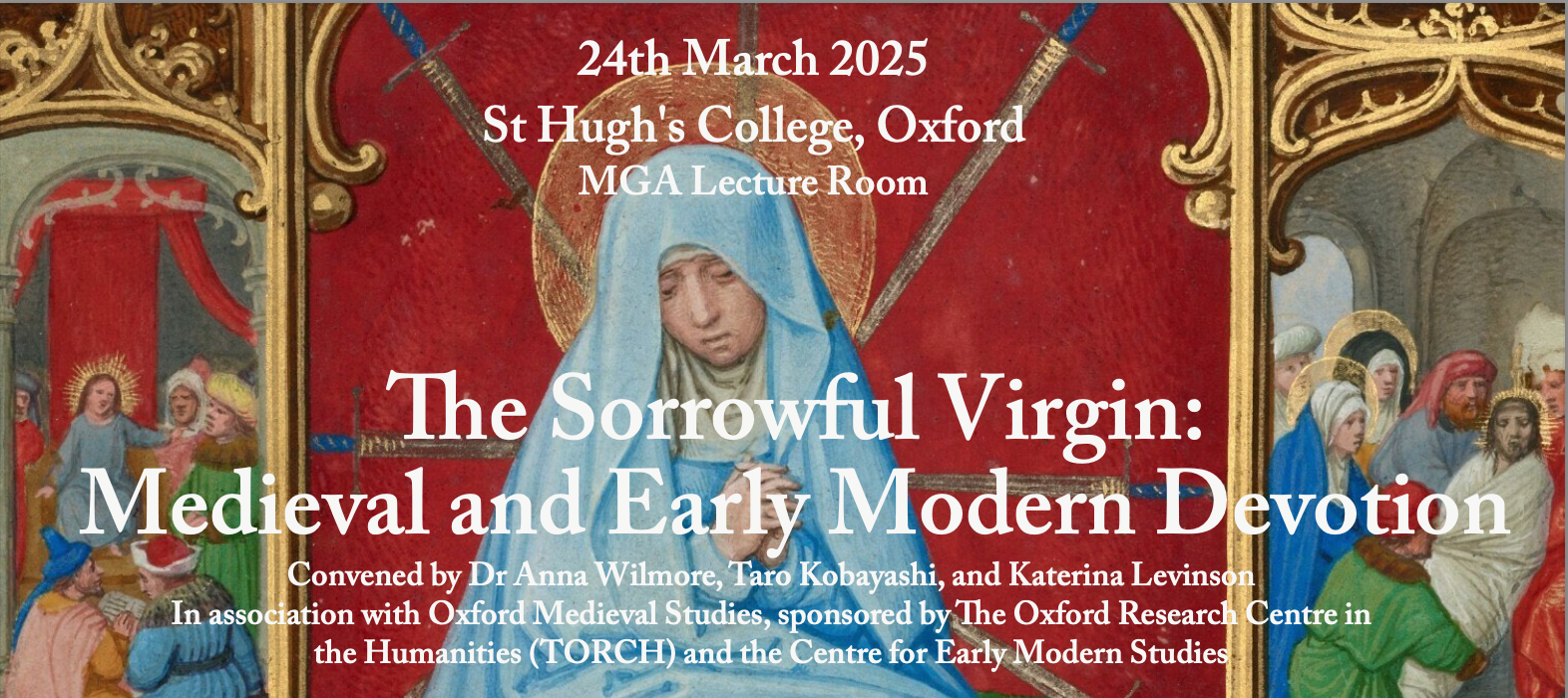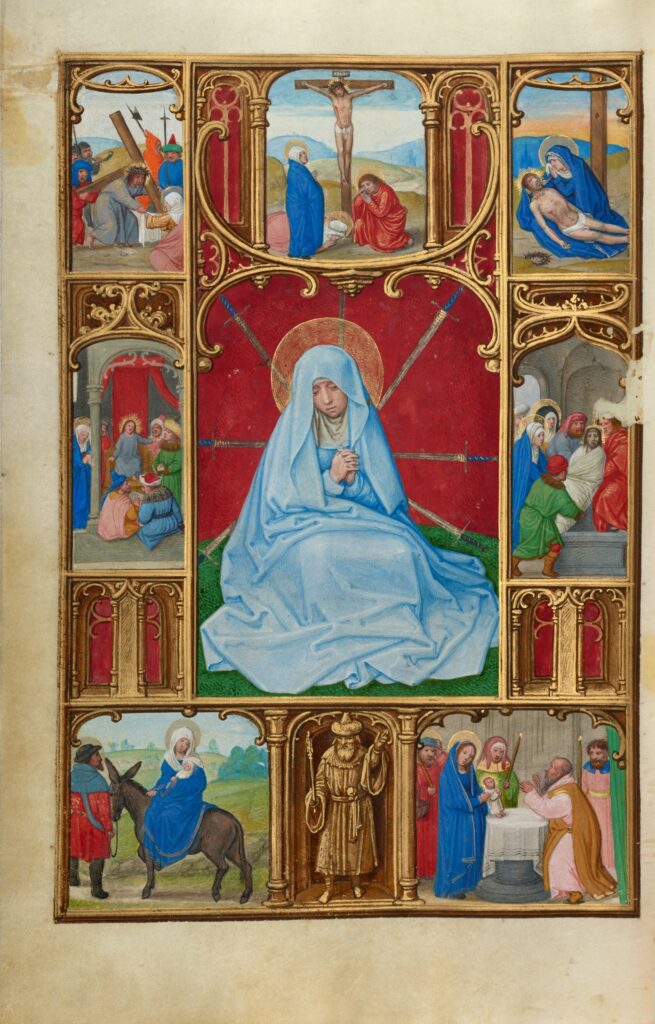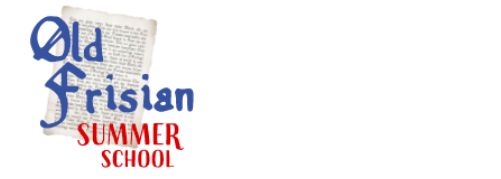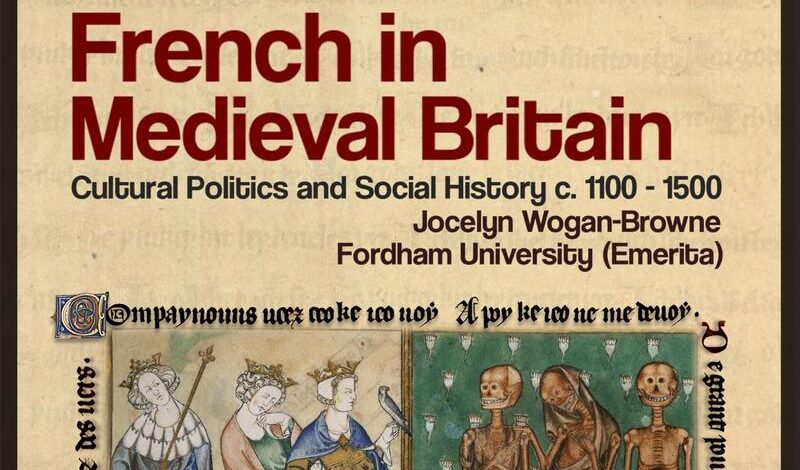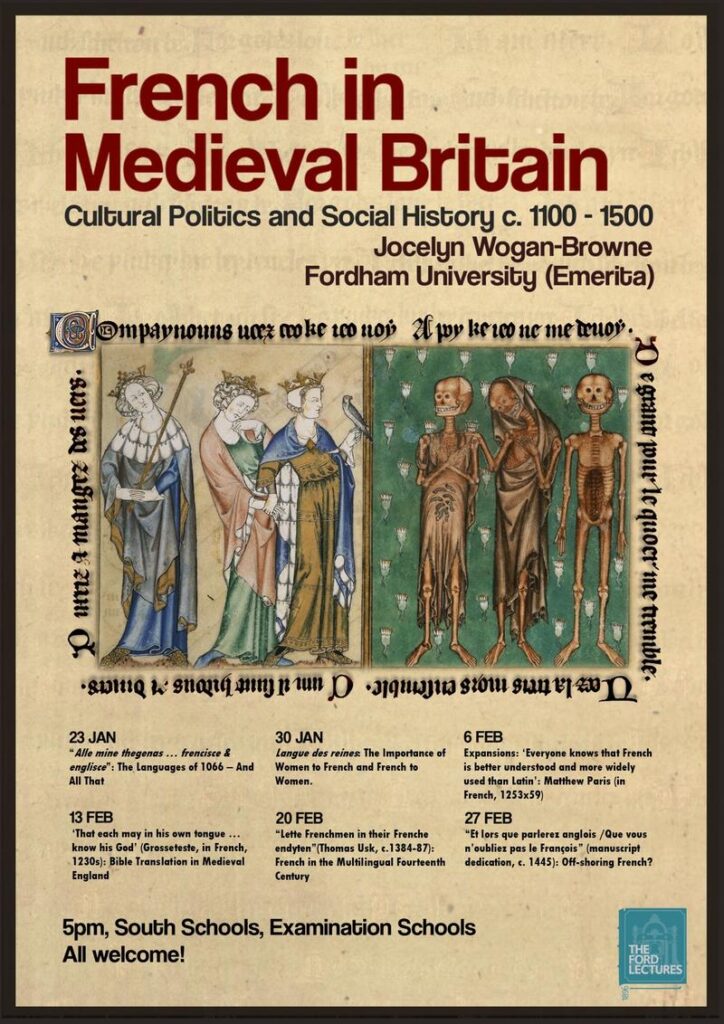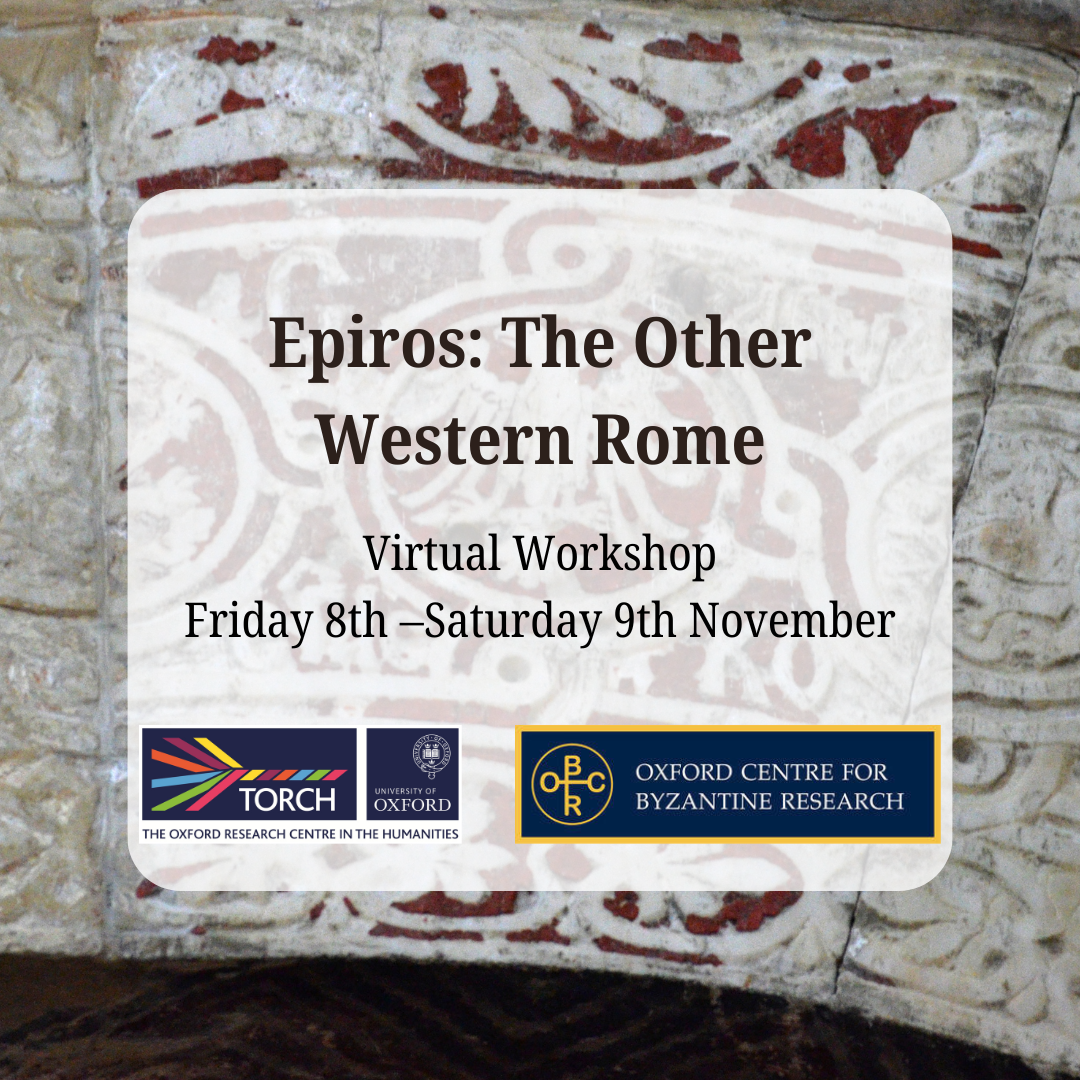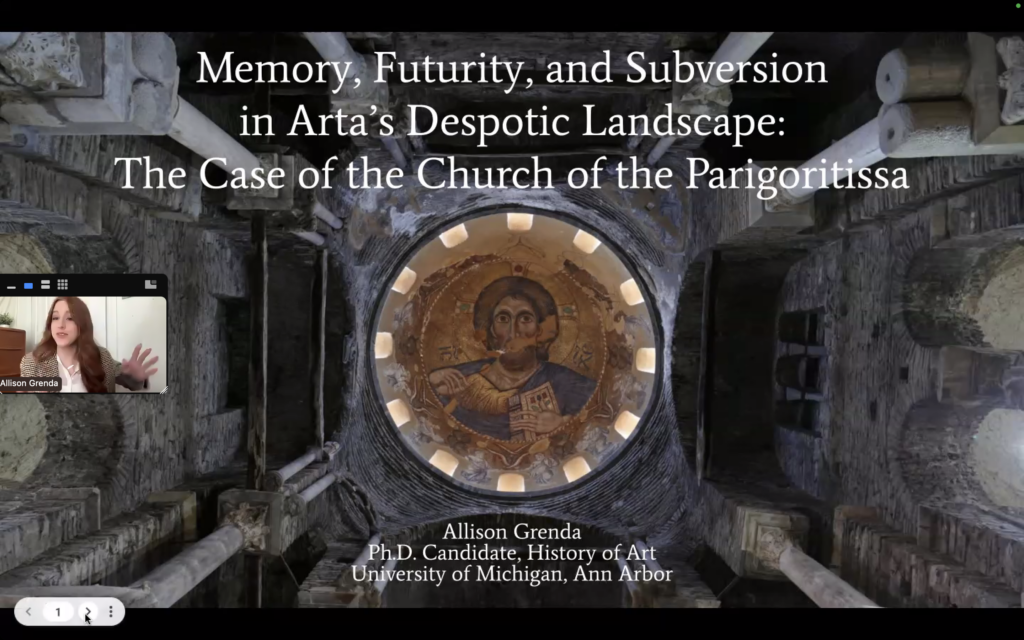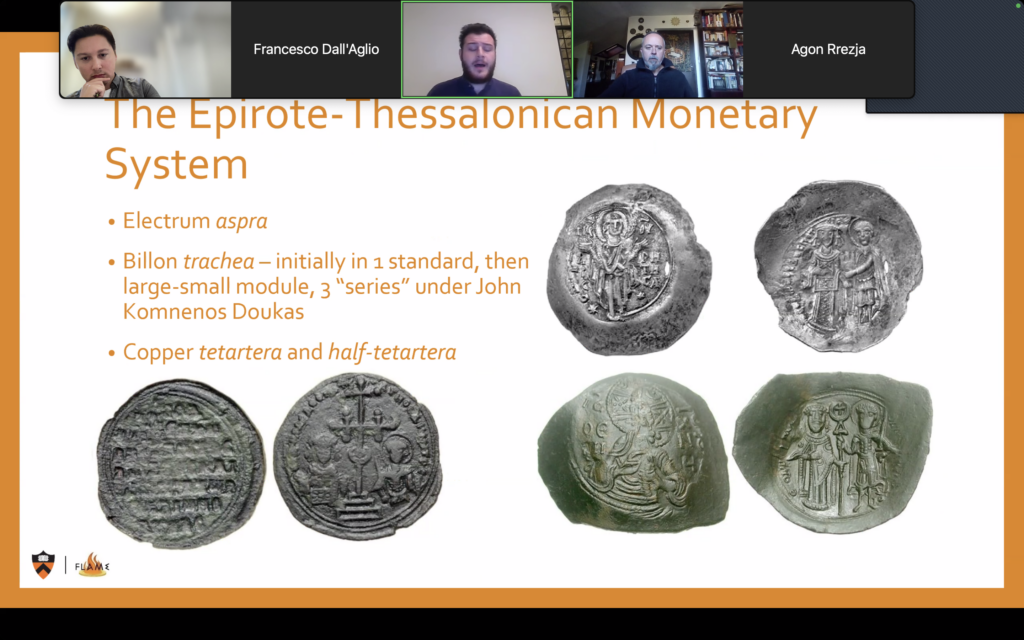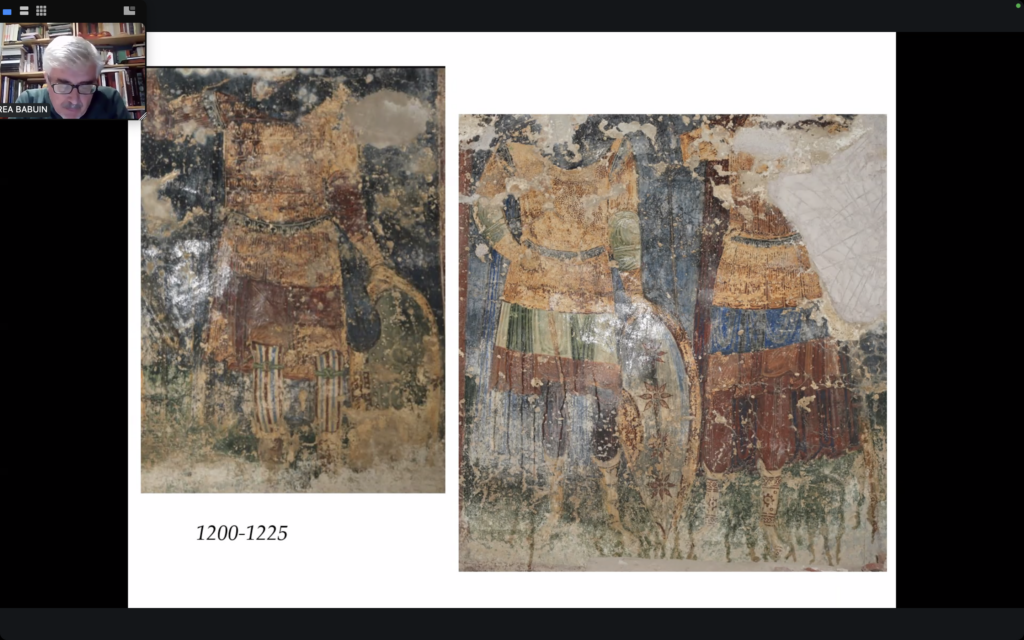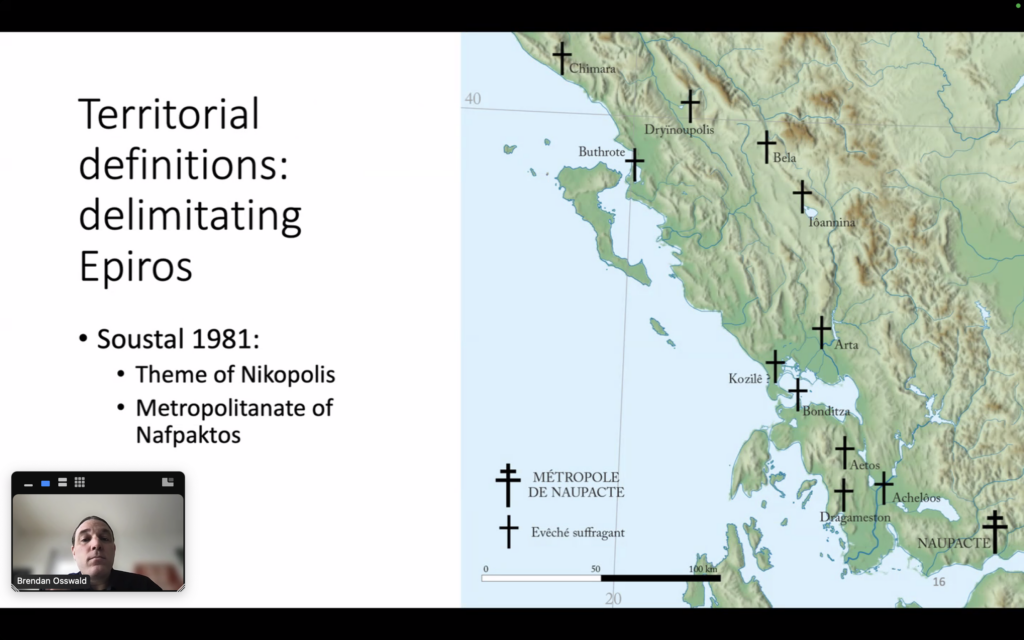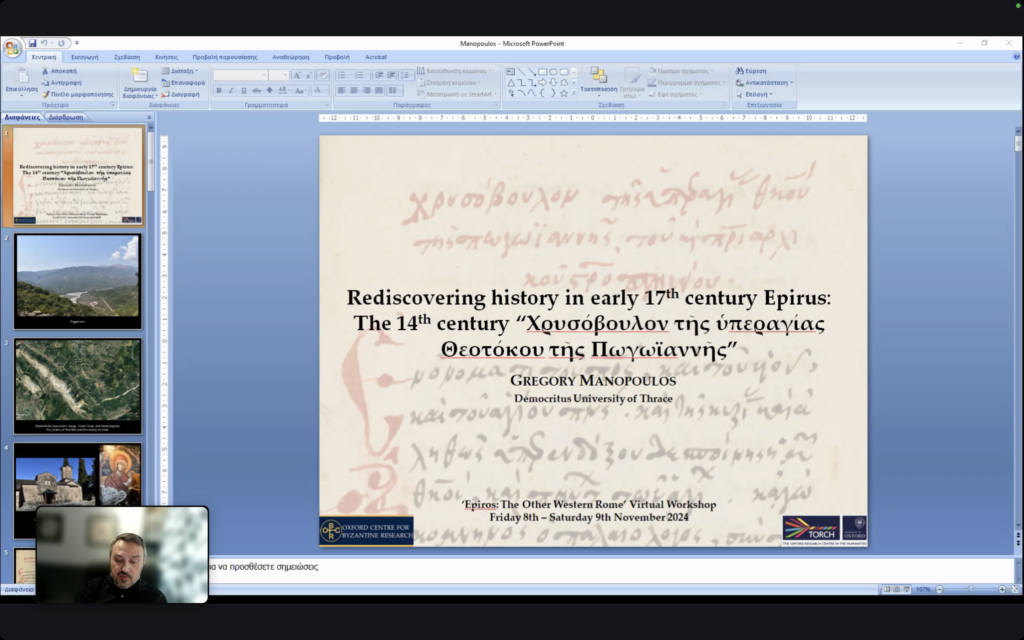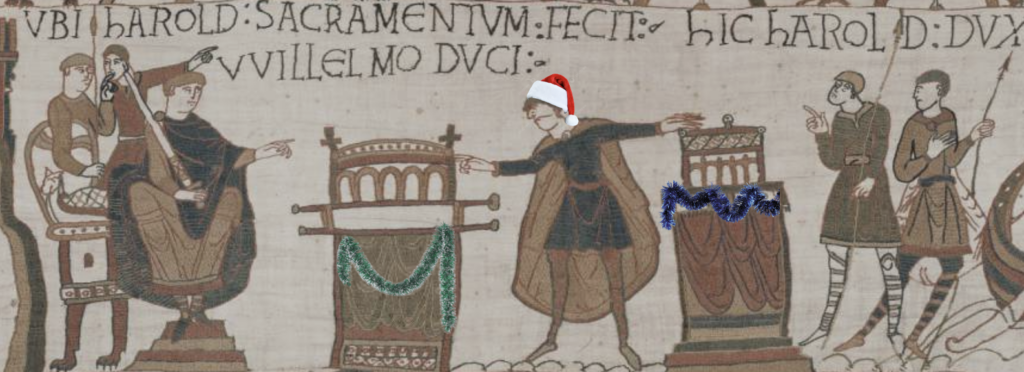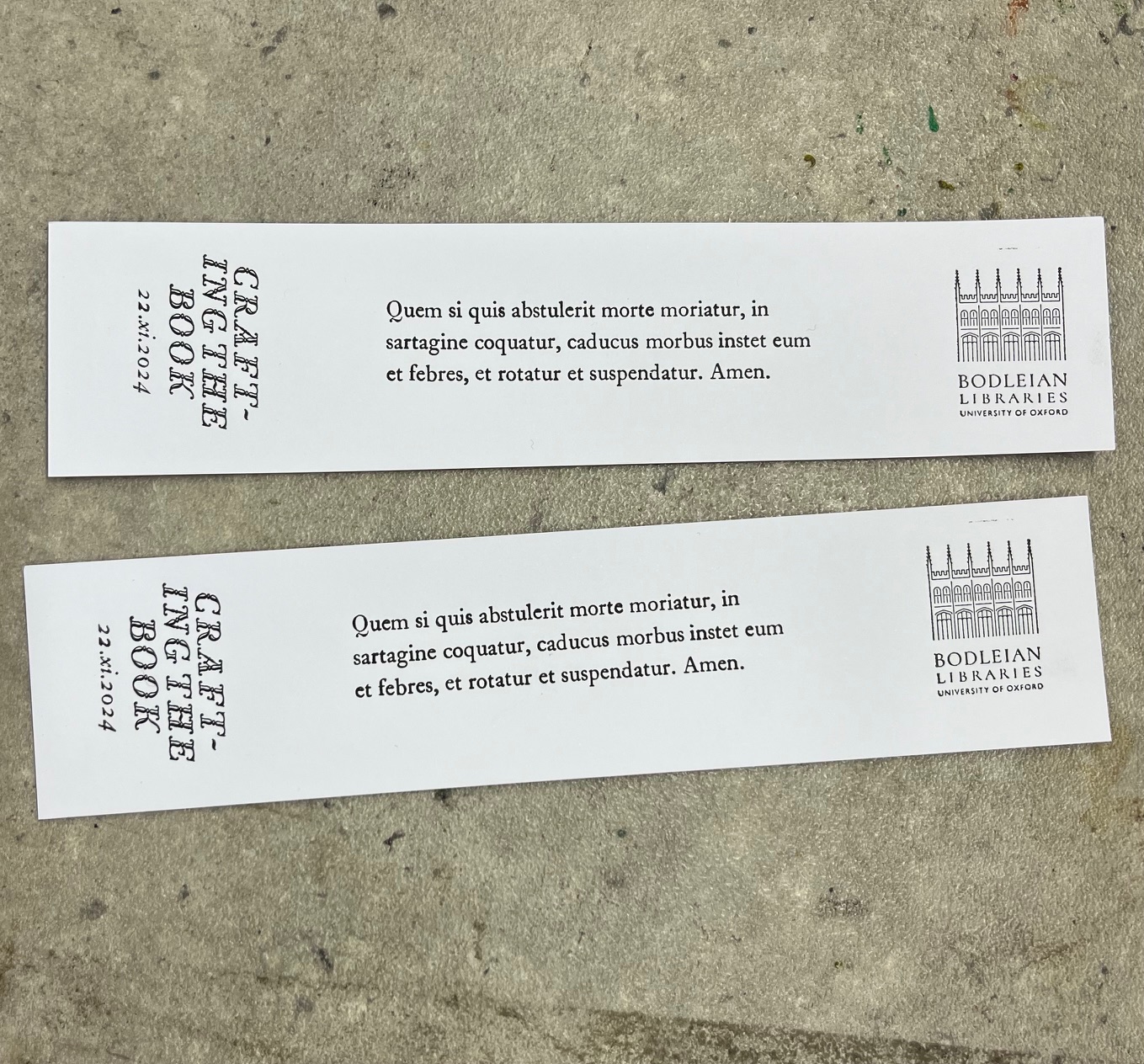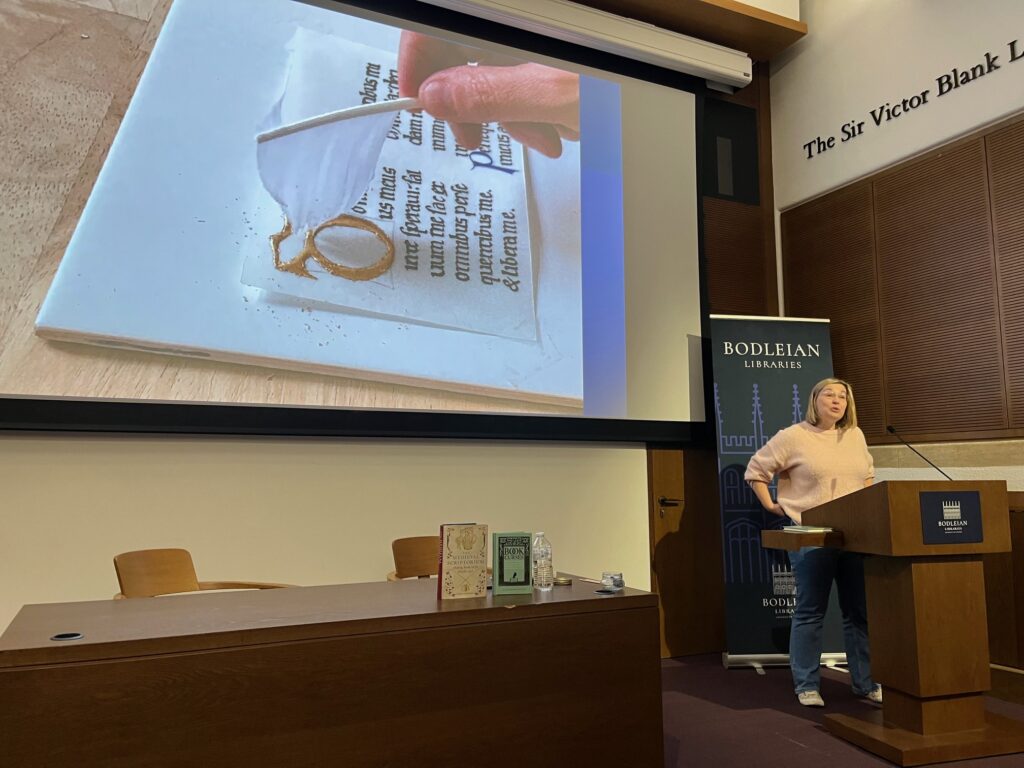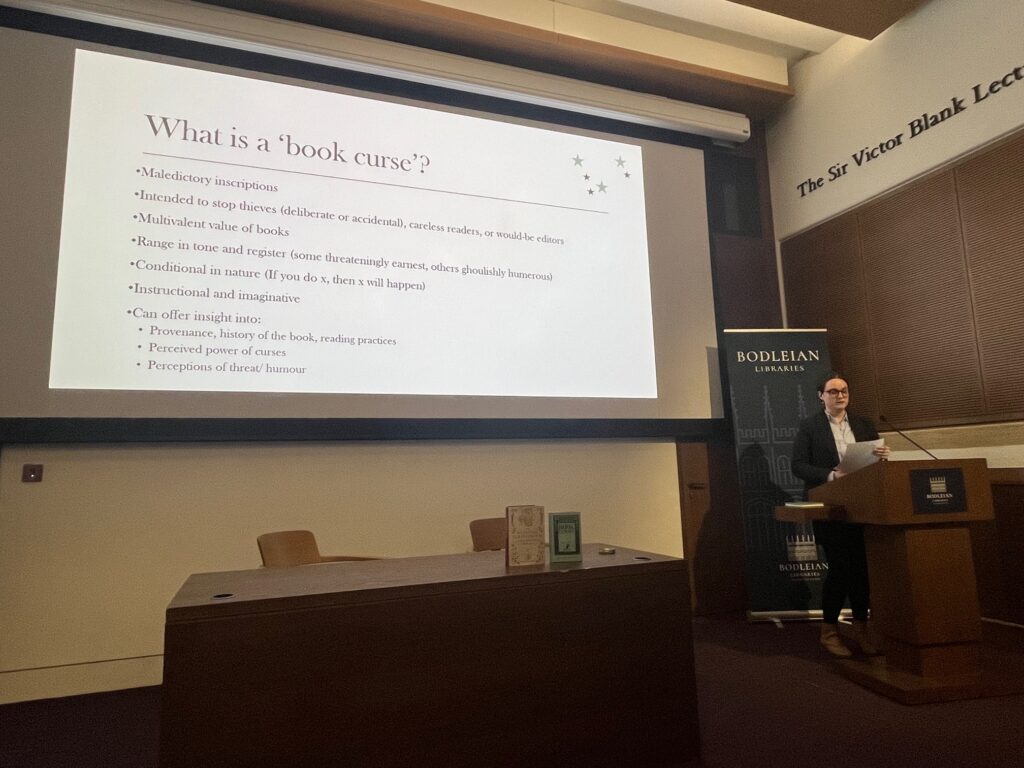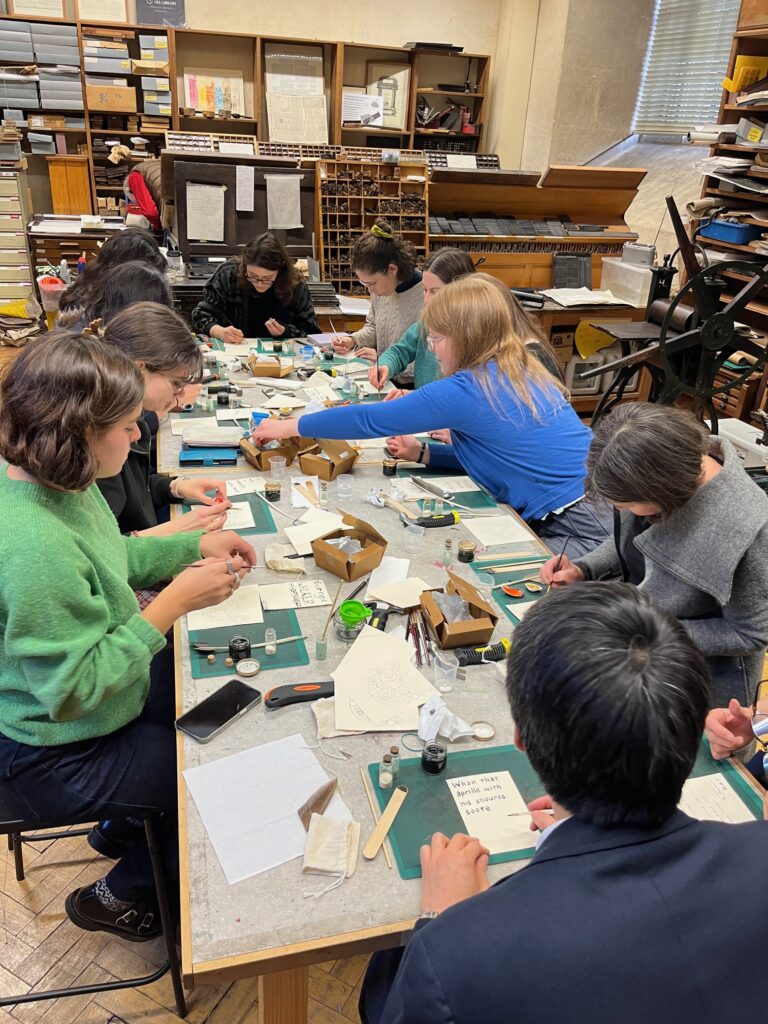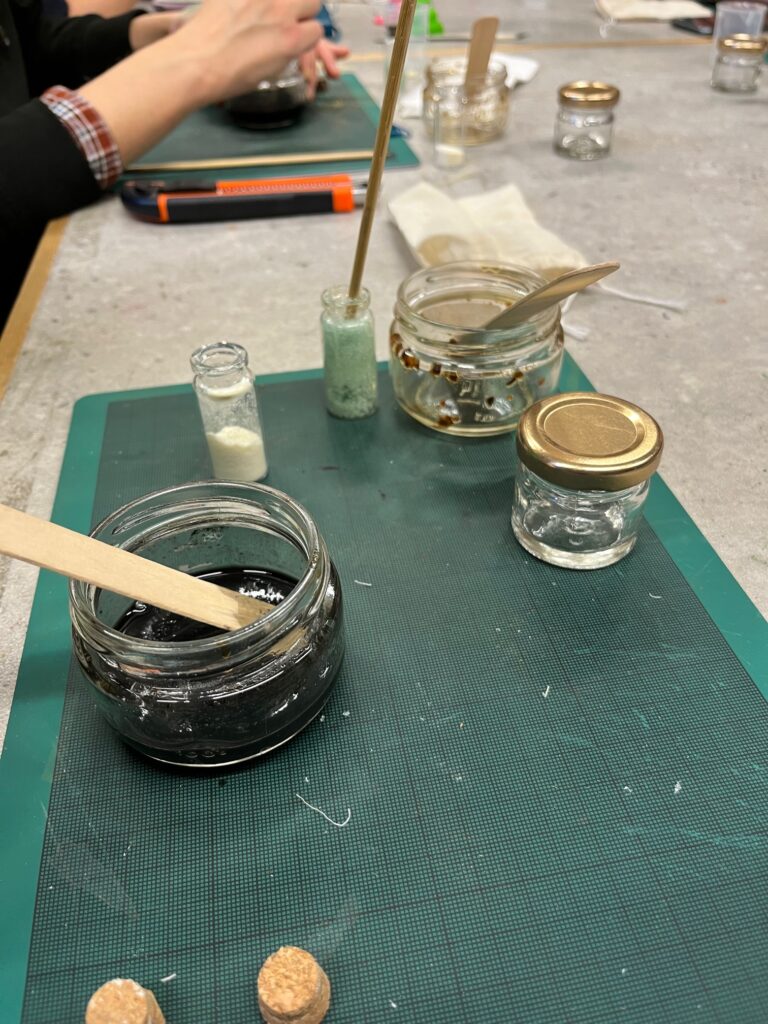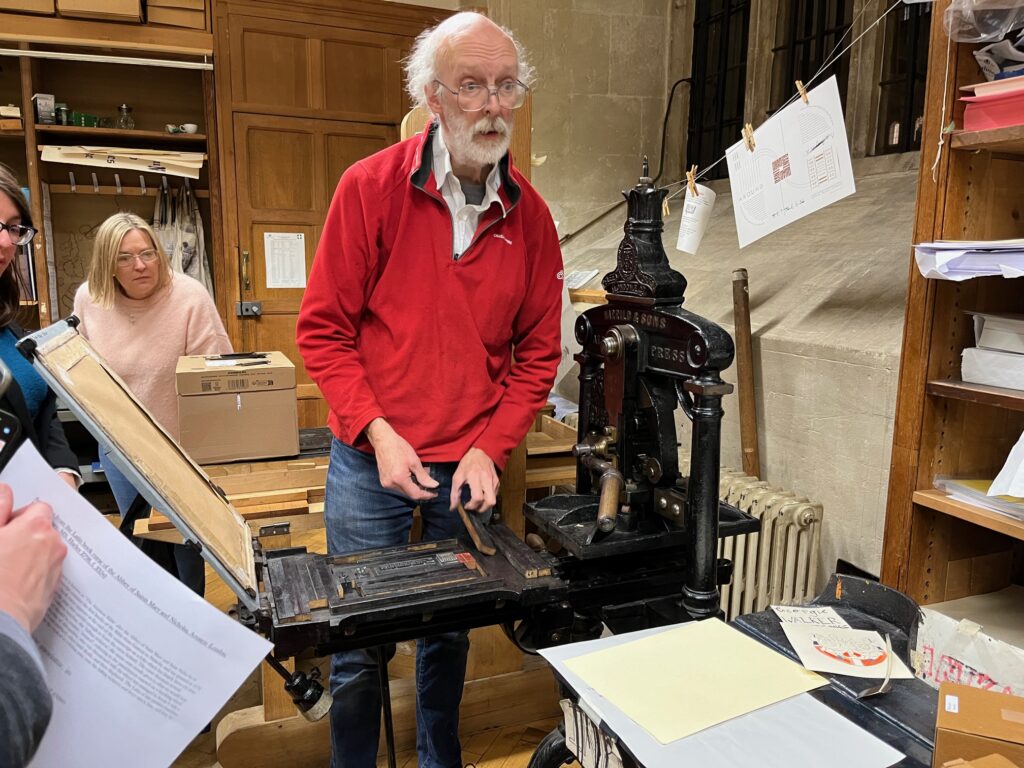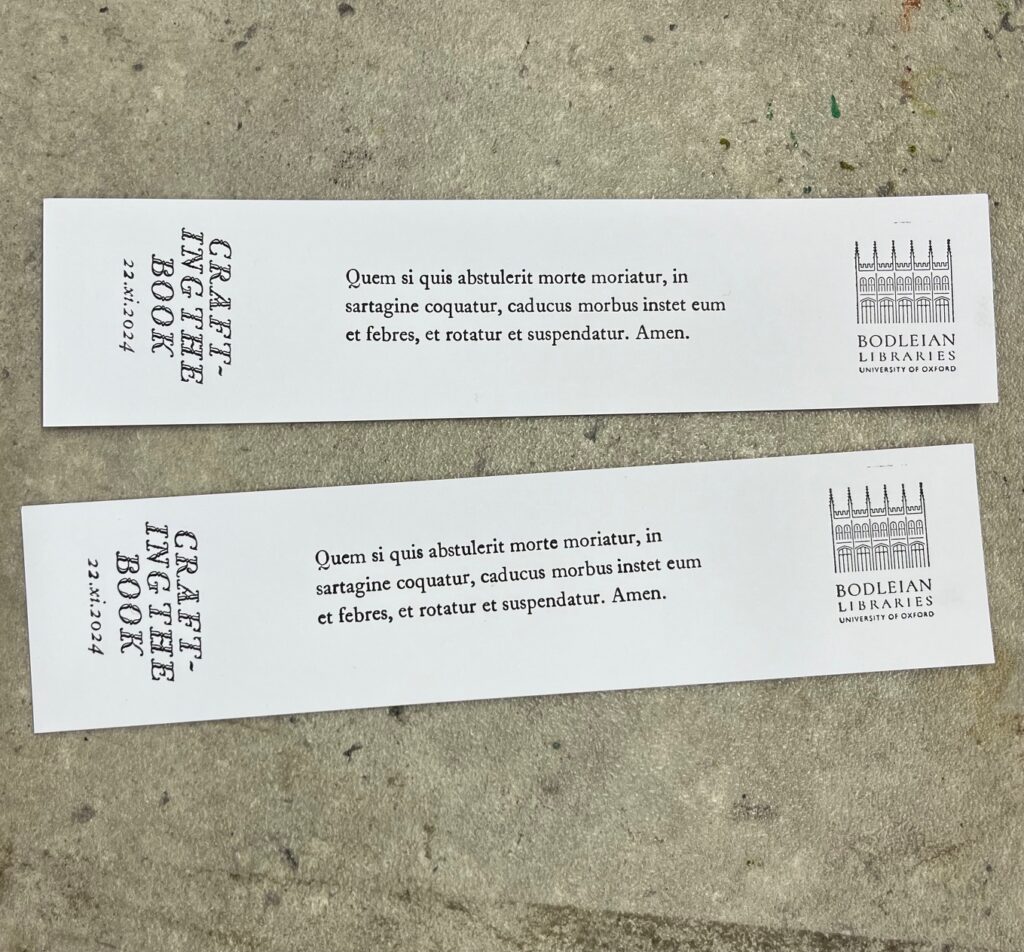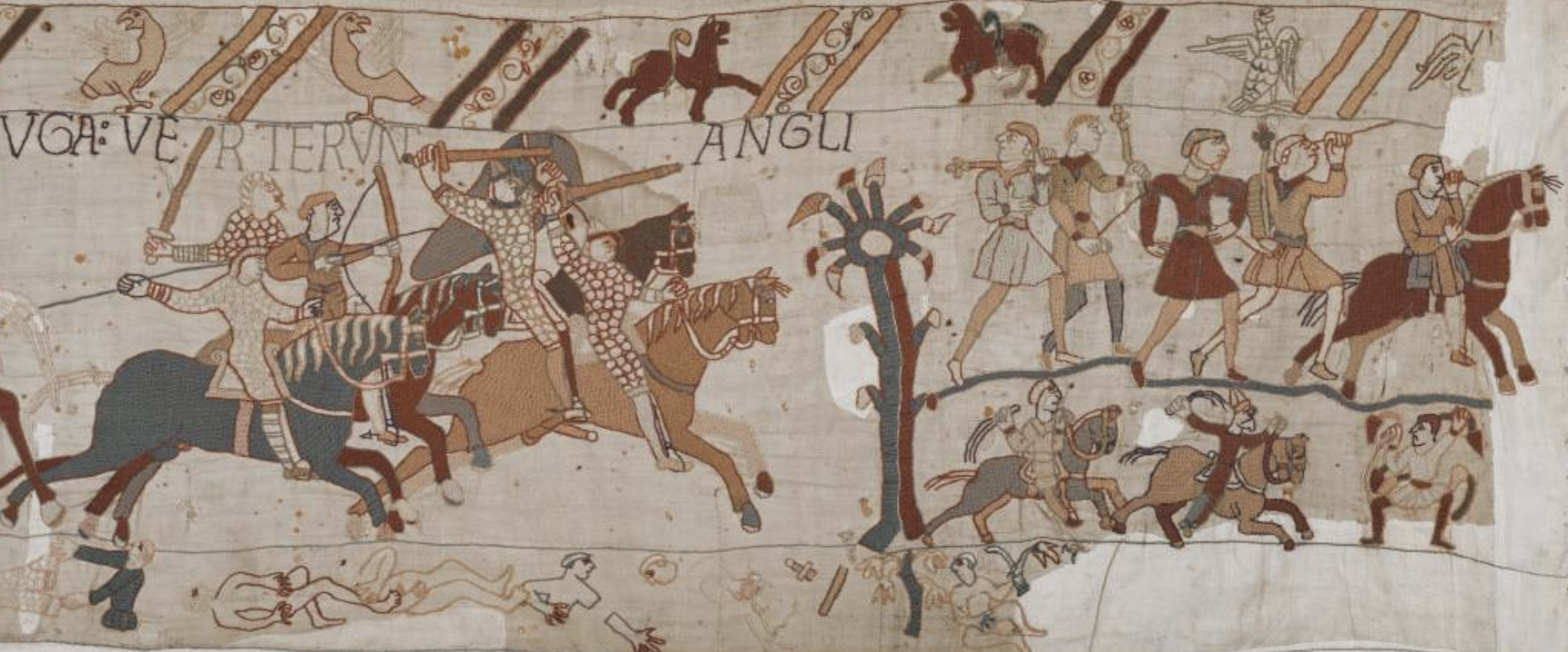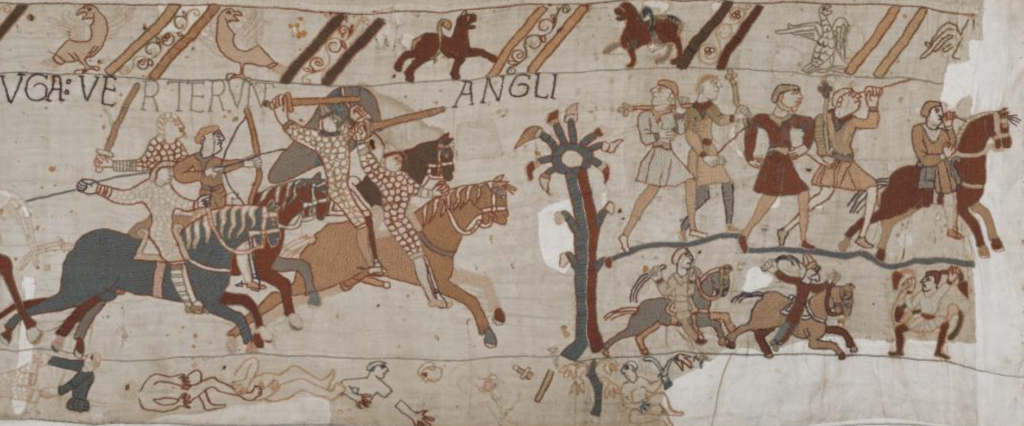Welcome back to a new term. I hope you’ve all had a chance to look through the OMS termly booklet, the most recent version in full colour glory can be found here. We’ve had a number of important updates since the booklet was last circulated, so do have a look back through. New additions include:
- The History of Art Slade Lecture Series by medievalist Beate Fricke on ‘Gaps’
- Centre for Early Medieval Britain and Ireland launch event and British Museum visit
- CfP for ‘Sorrowful Virgin’: Medieval and Early Modern Devotion workshop
- The Centre for Manuscript and Text Cultures term card
Of particular note this term are the Ford Lectures (Thursday, 5pm, Examination Schools). Jocelyn Wogan-Browne will be giving a lecture series titled French in Medieval Britain: Cultural Politics and Social History, c. 1100-c. 1500. I look forward to seeing many of you there.
Events
Monday
- French Palaeography Manuscript Reading Group – 10.30am in the Weston Library. Those interested should email Laure Miolo.
- Medieval History Seminar – 5pm at All Souls College. Christian Sahner (New Coll/AMES) will be speaking on ‘A History of Mountains in Late Antiquity and the Early Middle Ages: North Africa, Syria, and Iran’.
Tuesday
- Medieval Afterlives Season Workshop – 1pm – 4pm (lunch from 12.30) in the Colin Matthews Room, Radcliffe Humanities (and online via MS Teams). As part of the preparations for annual ‘Cultural Seasons’ in the new Schwarzman Centre for the Humanities, this is an invitation to brainstorm ideas for a Cultural Programme Season on Medieval Afterlives. RSVP to culturalprogramme@humanities.ox.ac.uk
- The Latin Palaeography Reading Group meets 2-3.30pm. Please email Laure Miolo for more information.
- Ancient and Medieval Seminar – 4.30pm, location tbc. Vladimir Olivero (Harvard) will be speaking on ‘From Jerusalem, through Alexandria, to the Caucasus: observations on the translation technique in the Armenian Psalter’.
- Medieval Church and Culture – 5.15pm (coffee from 5pm) in the Wellbeloved Room, Harris Machester College. Mark Williams (SEH) will be speaking on ‘Magic and its Implications in some early 12th-century Welsh Prose Narratives’.
Wednesday
- Medieval German Graduate Seminar on ‘Geistliche Spiele’ – 11.15am in the Old Library of St Edmund Hall. This week will be a short planning meeting. Contact Henrike Lähnemann if you would like to be added to the teams group
- History and Materiality of the Book Seminar – 2pm in the Weston Library, Horton room. Matthew Holford will be talking about ‘Manuscript Structures’.
- Medieval Latin Document Reading Group – 4pm, online.
- Late Antique and Byzantine Seminar – 5pm in the Ioannou Centre. Kevin Blachford (King’s College London & Defence Academy) will be speaking on ‘World Order in Late Antiquity: The “Two Eyes” Rivalry of Byzantium and Sasanian Persia’.
- Slade Lecture Series – 5pm at St John’s College. ‘Gaps in Writing’. Book a place.
- Medieval English Research Seminar – 5.15pm, Lecture Theatre 2, St. Cross Building. Alice Jorgensen (TCD) will be speaking on ‘The Old English Apollonius of Tyre and the Name of the Father’.
Thursday
- Medieval Hebrew Reading Group – 10am in the Clarendon Institute.
- Greek and Latin Reading Group – 2.30pm in the Stapledon Room, Exeter College. The theme this week is Cicero’s Dream of Scipio (De Re Publica 6.9).
- Middle English Reading Group – 4pm, Beckington Room, Lincoln College. The text this term will be the ‘double sorwe’ of Troilus and Criseyde.
- Ford Lecture – 5pm in the Examination Schools. Jocelyn Wogan-Browne will be giving the first of her lectures: ‘“Alle mine thegenas … frencisce & englisce”: The Languages of 1066 – And All That’.
- The Khalili Research Centre For the Art and Material Culture of the Middle East: Research Seminar – 5.15pm in the in the Ioannou Centre/Faculty of Classics’ Lecture Theatre. Michael Erdman (The British Library) will be speaking on ‘Reintegrating the Empire: taking an expansive view towards “Ottoman” collections’.
Friday
- Medievalists Coffee Morning – 10.30am at the Weston Library. All welcome, coffee and insight into special collections provided.
- Exploring Medieval Oxford through Lincoln & Magdalen Archives – 2pm in the EPA Centre (Museum Road) Seminar room 1. Please contact Laure Miolo for more information.
- Oxford Medieval Manuscripts Group – 3pm. This week, the group will be visiting the Balliol Historical Collections Centre. Previous experience of handling medieval manuscripts is desirable. Limited places, write to Elena Lichmanova by 22/01/2025
- Anglo-Norman Reading Group – 5pm in the Farmington Institute in Harris Manchester College and online. For more information on the texts, email Jane Bliss.
Opportunities
- For all Graduate Students (Master & DPhil): fully funded Wolfenbüttel Summer School on Late Medieval Manuscripts (in English). Apply by the end of February. Call for Papers the Herzog August Bibliothek Wolfenbüttel
- The Ashmolean is looking for a University Engagement Lead. This is a parttime fixed term role to research and possibly pilot opportunities for University Engagement. This is a good role for someone that knows the students in Oxford and is looking at a parttime role – and, obviously, loves museum collections! Full job description
- CfP for the ‘Sorrowful Virgin’ workshop at St Hughs, 24 March 2025
- CfP for ‘Outsiders – Insiders’ (University of Reading), 2nd April 2025
- OMS Small Grants are open for applications – deadline Friday of 4th Week

